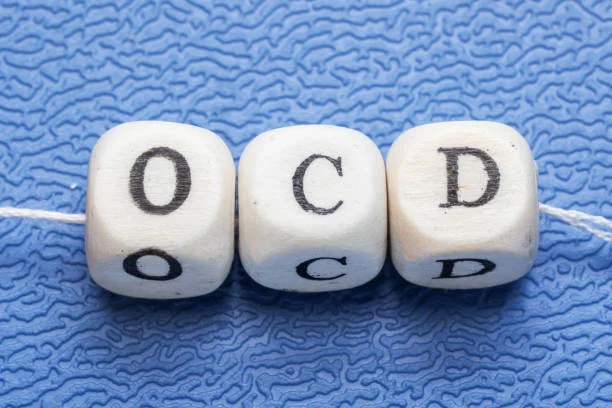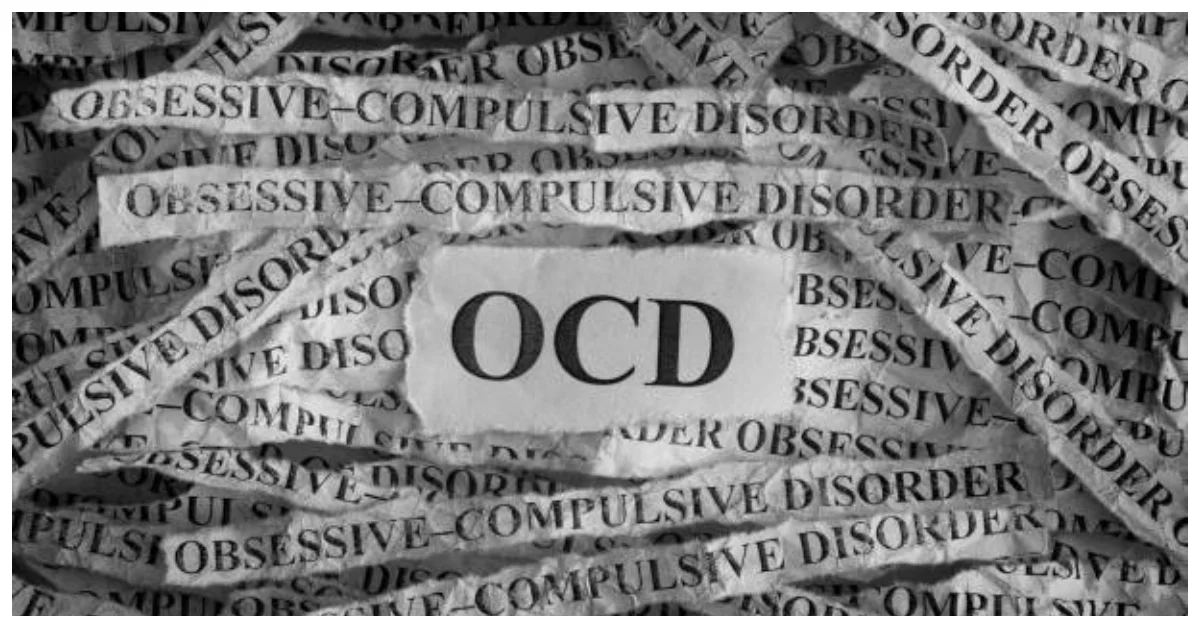Obsessive-Compulsive Disorder also known as OCD is a mental and behavioral disorder in which a person has intrusive thoughts (an obsession) and is compelled to repeatedly engage in certain behaviors (compulsions) to ease the suffering caused by the obsession.
Individuals with the disorder tend to experience uncontrollable thoughts and fears that are obsessive and they cause the individual to perform the compulsions, unwillingly. The disorder has been reported to be diagnosed as early as 6 years old in individuals and continues into adulthood.
Read Also: ADHD: What You Need to Know

According to a report by The Mayo Clinic, OCD can be purely obsessional, purely compulsive, or both. The purely obsessional OCD involves the individual having daily repetitive and persistent unwanted thoughts that they cannot control.
Symptoms of the Obsessional OCD
- Individuals are unable to tolerate uncertainty
- Unwanted thoughts that may be very aggressive and sexual
- Uncontrollable fear of germs, dirt, and contamination
- The urgent need to have their stuff arranged in perfect symmetry
Purely compulsive OCD drives the individual to repeat certain behaviours to reduce the anxiety brought about by their obsessions.
Themes Associated With Compulsive OCD
- Constantly needing reassurance in the face of uncertainty
- Frequently checking whether they actually have performed basic tasks like; closing the door or turning off the light
- Repeated cleaning of hands or places due to the fear of dirt and germs.

- Arranging their stuff in perfect symmetry.
According to experts, symptoms of OCD are mild and individuals are advised to seek professional medical help when they realize that the compulsions are affecting their quality of life. This can be seen when individuals spend a large part of their time tending to their OCD than being productive.

There are several things that have been said to cause OCD or predispose people to the disorder. One is the family history, people with family members who have been diagnosed with OCD are likely to have the disorder compared to those who don’t have family with OCD. Traumatic and stressful life events such as bullying have been said to induce the symptoms of OCD in individuals. Other mental health diseases such as depression and anxiety have also been said to cause OCD as individuals can form certain habits in order to ease their anxiety or depression.
Subscribe to Switch TV for more content.
Only health experts can accurately diagnose the presence of the disorder in a patient and individuals are advised to seek professional help if their symptoms become critical such as when they have suicidal thoughts or interfere with their personal relationships.
















